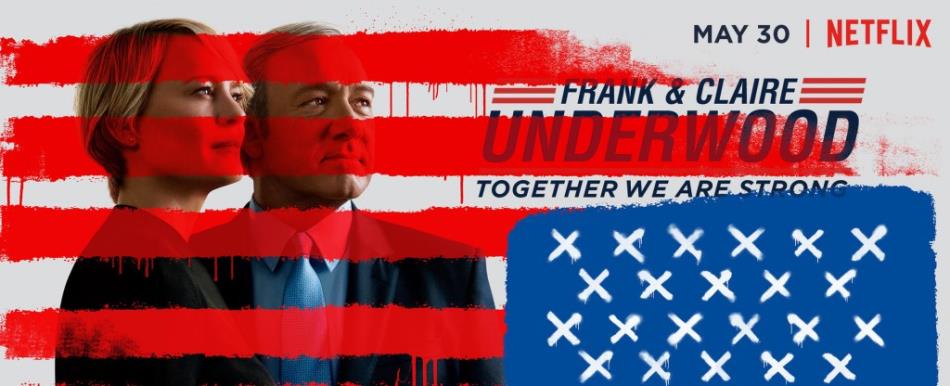Recipient of Macao Literary Prize and Macao Novel Prize, Joe Tang is a writer and cultural commentator, and has published novels, including The Floating City, Assassin, and The Lost Spirit. The latter two titles were translated into English and Portuguese. Joe’s portfolio also includes commentaries on art and plays. They include Words from Thoughts, Philosopher’s Stone, Journey to the West, Rock Lion, Magical Monkey and The Empress and the Legendary Heroes.

Macao is going to have an election this year. The legislative assembly election takes place once every four years and it’s time that different political groups will use all means to garner votes. Most of us may think that creativity and politics are unrelated, so how can they go in tandem? In fact, they not only have an effect on each other, but politics are a source of inspiration to creativity and it also adds value to the creative industry.
Not long ago, In The Name of People, an anti-corruption-themed TV drama, has become a real hit in the Mainland China. According to the statistics, the last episode of this drama that features anti-graft and power plays has received the most views in the last ten years among China-produced TV dramas. The broadcast rights of the drama to satellite TV were sold at 200 million dollars, and millions of copies of the original novel were sold. The audiobook received 20 million downloads every month and the e-book has more than 500 million click rates every month. Industries derived from it aplenty too. For example, the drama’s shooting location Nanjing has become incredibly popular. Along with the broadcast of the drama, locations like Nanjing and Tianmu Lake attract cohorts of tourists. According to statistics, Nanjing-themed holiday packages are sold 30% more than before. This has proven that a political TV drama has brought benefits to different parts of the creative industries.
To the other side of the world, in the United States, streaming media Netflix has recently launched the House of Cards (Season Five). Adapted from Michael Dobbs’s original novel and the eponymous British drama by BBC, this TV series feature how fictional Democratic congressman Francis Underwood becomes the President of the United States by fair means or foul. This series has made Netflix the most profitable video company in the world. When the first season was launched in 2013, its number of users reached more than three millions and scored revenue of one billion US dollars in one season. Also, the first two seasons of the drama were filmed in Harford County, Maryland. About 6,000 jobs were created accordingly and over 250 million US dollars of economic output were generated.
In a highly globalised world, different countries and regions are now closely connected with each other. Political issues in one country is no longer its own matter. For instances, the presidential elections in the United Statfes have attracted attention from people worldwide, and they are turned to a topic in the creative industries. Political matters have become a source of creativity. For example, the anti-graft-themed In the Name of People has been so popular and profitable in the Mainland, and the House of Cards has brought transnational attention and further promoted the development of the TV and film, publication, music, fashion and product design industries.
Although Macao still has a long way to go when it comes to turning political matters like the legislative assembly election to a powerful film or TV production, we are able to see that politics as a source of inspiration in the creative industries is happening. In recent elections in Macao, I noticed that all political parties have gradually paid attention to image building and branding. These are exactly the forte of the creative professionals. From the design of the corporate identity to promo video, advertising, campaign song and a diversity of campaign products and messages, all of these are the best example of how politics marry creativity. There was once a phrase called “electoral economy” and it explains that political elections can strengthen the development of the creative industries and increase job opportunities. But what I believe is, apart from pursuing economic growth, the marriage of politics and creativity should bring deeper and more significant change. Freedom and independence are highly valued in the creative industries, and the industries also put emphasis on communication and connection with different people. So to a certain extent, creativity can draw more audiences’ attention to the politics. No matter you are a creative professional or an ordinary man, you will no longer feel that political matters are none of your business or things that cannot be discussed. They can be visible, tangible and discussable. This is very helpful when it comes to the growth and development of the civil society in the long run.